Effective communication is crucial, never more than in healthcare and often inadequate from mostly all sides; even writing out what was being said might help. For a student, job-seeker, career advancer, or mental health advocate
therapeutic communication skills can serve as the light on an otherwise visually imperceptible path to care and support. In this blog post, you will be taken through the basics, the need for therapeutic communication, tactics that one should adopt, and the benefits of mastering these essentials… along with some practice-able steps to improve them.
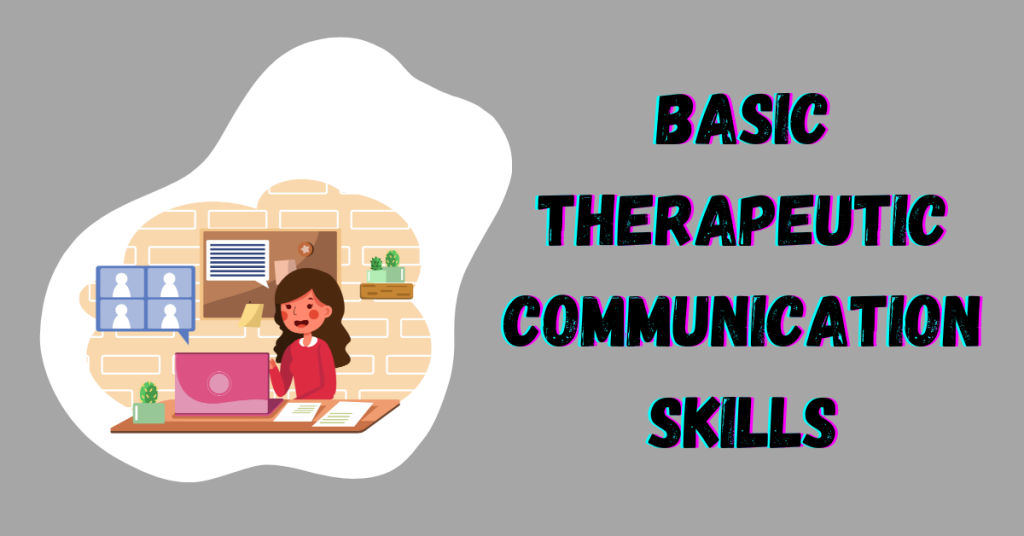
Basic Therapeutic Communication Skills
Does it feel like it have you ever had a conversation that felt understood and backed up? That is the power of therapeutic communication. It serves as a critical tool for developing rapport and trust between healthcare providers, and patients while improving treatment outcomes. In this post, we will discuss what is therapeutic communication, why it has such high demand, and how you can cultivate these crucial abilities to grow your profession and get results by making a difference.
Toggle Therapeutic Communication What Is Therapeutic Communication?
Therapeutic communication is a type of professional interaction that emphasizes emotional and psychological well-being. This includes verbal and non-verbal strategies to ensure safety and support. The latter applies especially to matters where communication isn’t just about knowledge it’s also about serving the emotional needs of the person you’re on call with.
Verbal Techniques
Active Listening: 100% attention to the speaker, real interest
Showing: Demonstrating understanding and mutual emotion.
Another example is hearing Clarification and asking Questions to have the correct interpretation of a message.
Non-Verbal Techniques
Non-verbally: Eye contact, nodding, and shape of body.
Facial Features: Expressing the emotions in your face.
The Need For Specific Skills Or Therapeutic Communication
Essential in so many ranges of the field, therapeutic communication skills are increasingly needed. These skills are critical in health care training essential patient support, and mental and effective teamwork. With the Bureau of Labor Statistics projecting employment demand for healthcare workers to increase much faster than average over most other jobs, learning these specialized skills becomes even more critical.
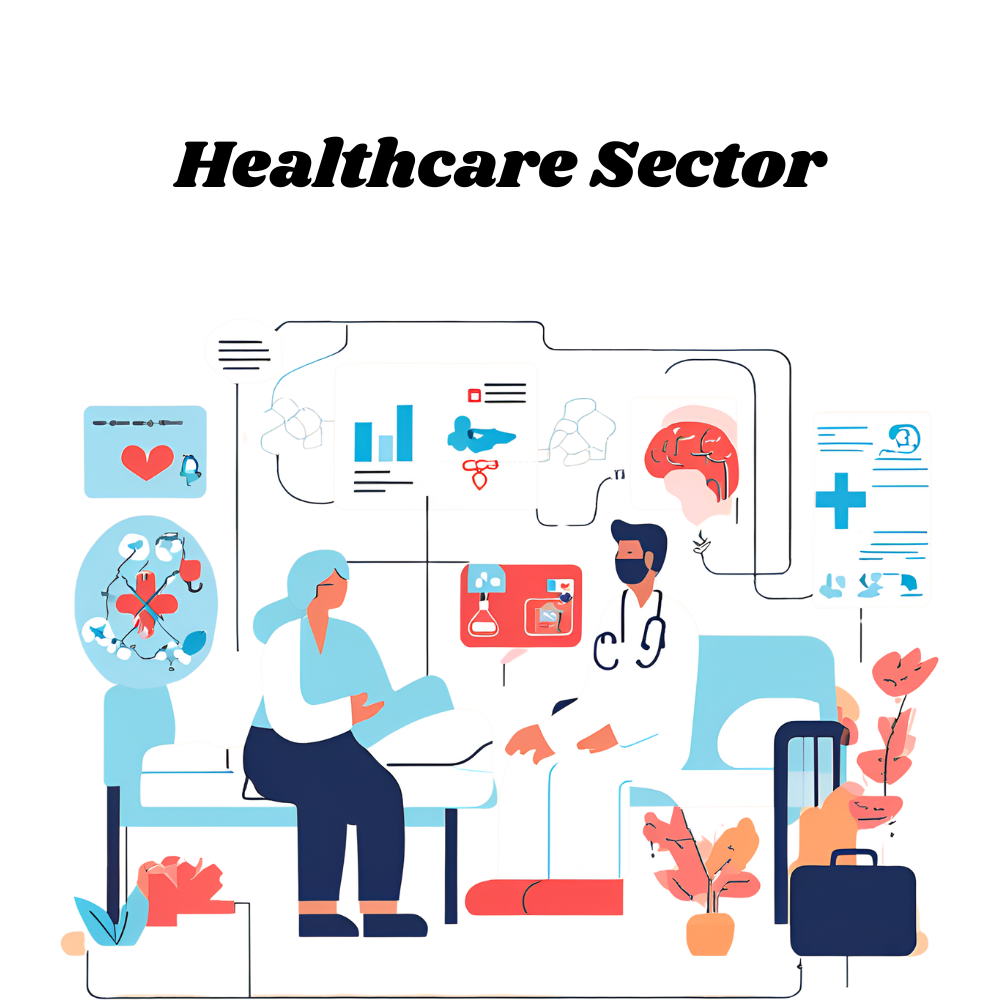
Healthcare Sector
Therapeutic communication is crucial in the recovery of patients at hospitals, and clinics. Nurses, doctors, and therapists all use these skills to build rapport to gather accurate information from patients as well as deliver emotional support.
Mental Health Support

Therapeutic communication is critical in mental health environments. Both counselors and psychiatrists use these techniques to ensure that their patients can comfortably address what is on their minds.
Corporate Wellness Programs
Almost all companies are turning towards wellness programs, however, there is a huge chunk of solutions dealing with mental health. These initiatives need to be led by individuals with therapeutic communication skills who can assist staff members.
Techniques of Therapeutic Communication
Effective therapeutic communication skills take focus and practice. Follow these tips to get started:
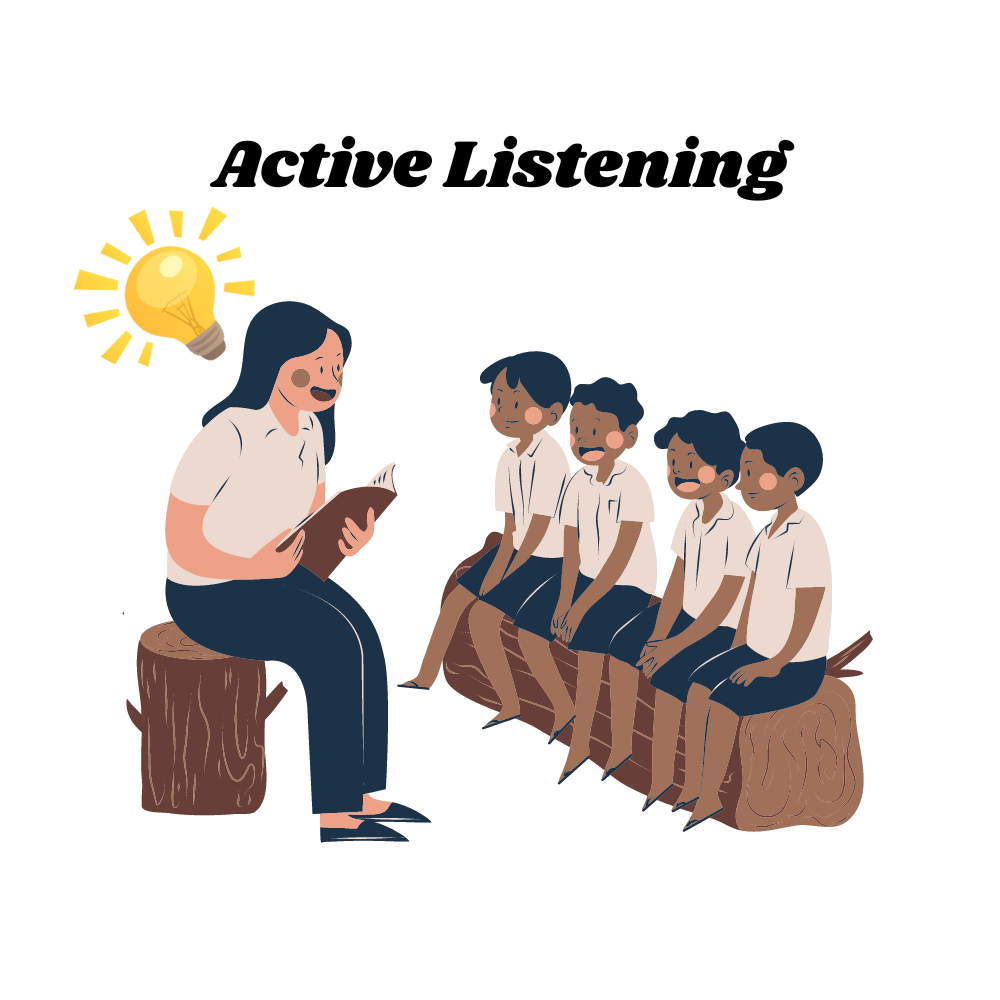
Active Listening
Active listening is where you are fully engaged with the other person speaking, and understand what they have to say before knowing how to respond. Comprehension of the meaning behind the words not just hearing them.
Empathy
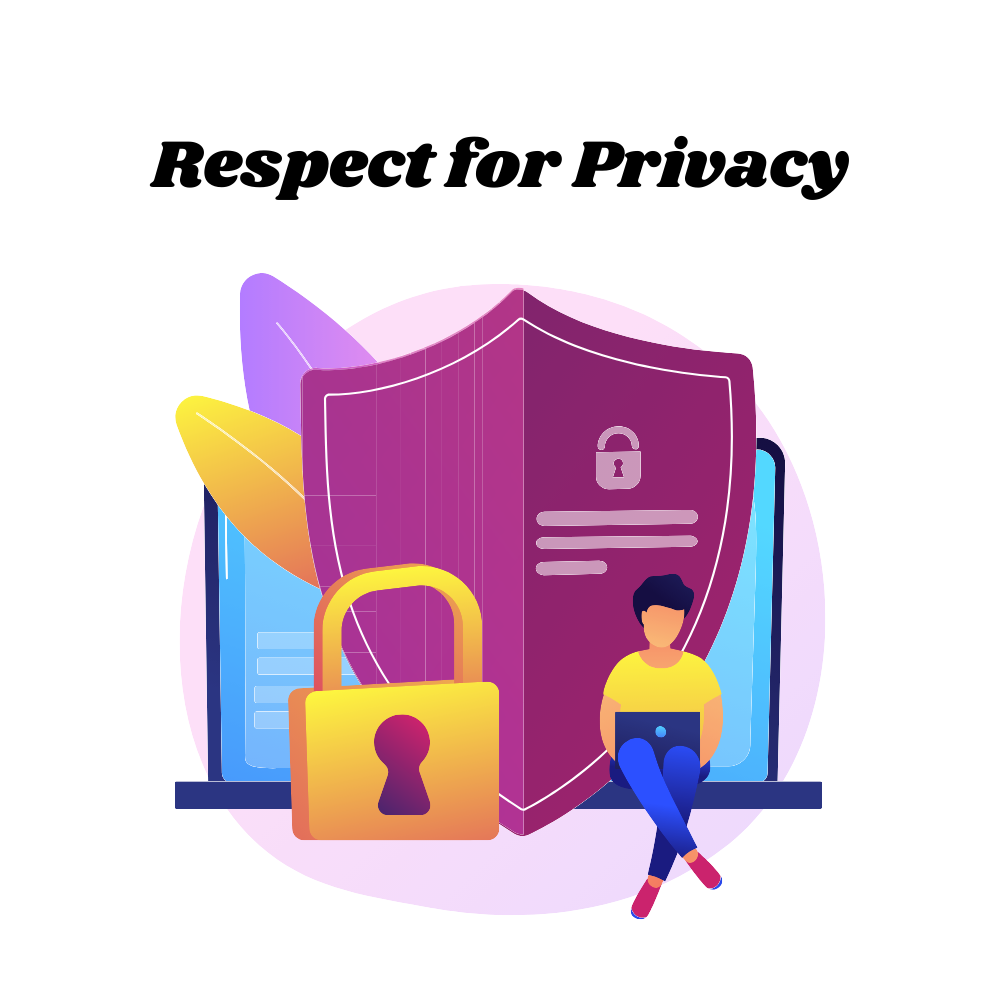
Empathy is an inherent trait in humans that enables people to understand and feel the same way as another person. It is a vital aspect of therapeutic communication that helps create trust and rapport.
Respect for Privacy
Privacy involves confidentiality and the respect of personal boundaries. Given the highly regulated nature of healthcare and all those security data requirements, this is particularly poignant in healthcare facilities where personal information routinely gets exchanged.
Benefits of Therapeutic Communication Skills
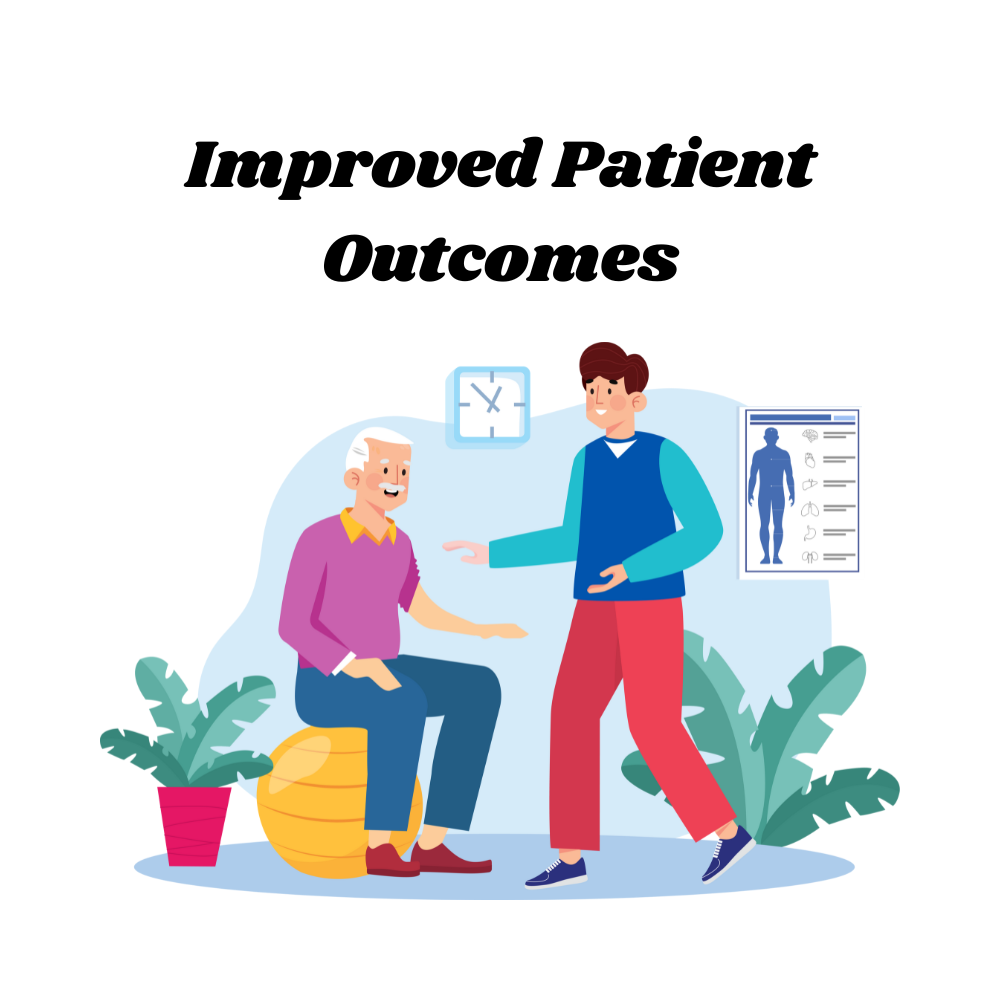
There are countless benefits of mastering therapeutic communication -for both the communicator and recipient alike. Here are some key advantages:
Improved Patient Outcomes
Better patient outcomes can be achieved through meaningful communication: The needs of the patients are heard and managed. When patients feel listened to and cared for, they are more likely to comply with their treatment plans.
Enhanced Job Performance

Having strong therapeutic communication skills is important for healthcare professionals and it can improve job performance. These skills make the team work better due to non-comprehension democracy and thus improve entire efficiency.
Personal Growth
These are the skills that also provide personal development. It allows you to relate more, handle stress better, and be graceful in tough situations.
15 Best Tips To Build Therapeutic Communication Skills
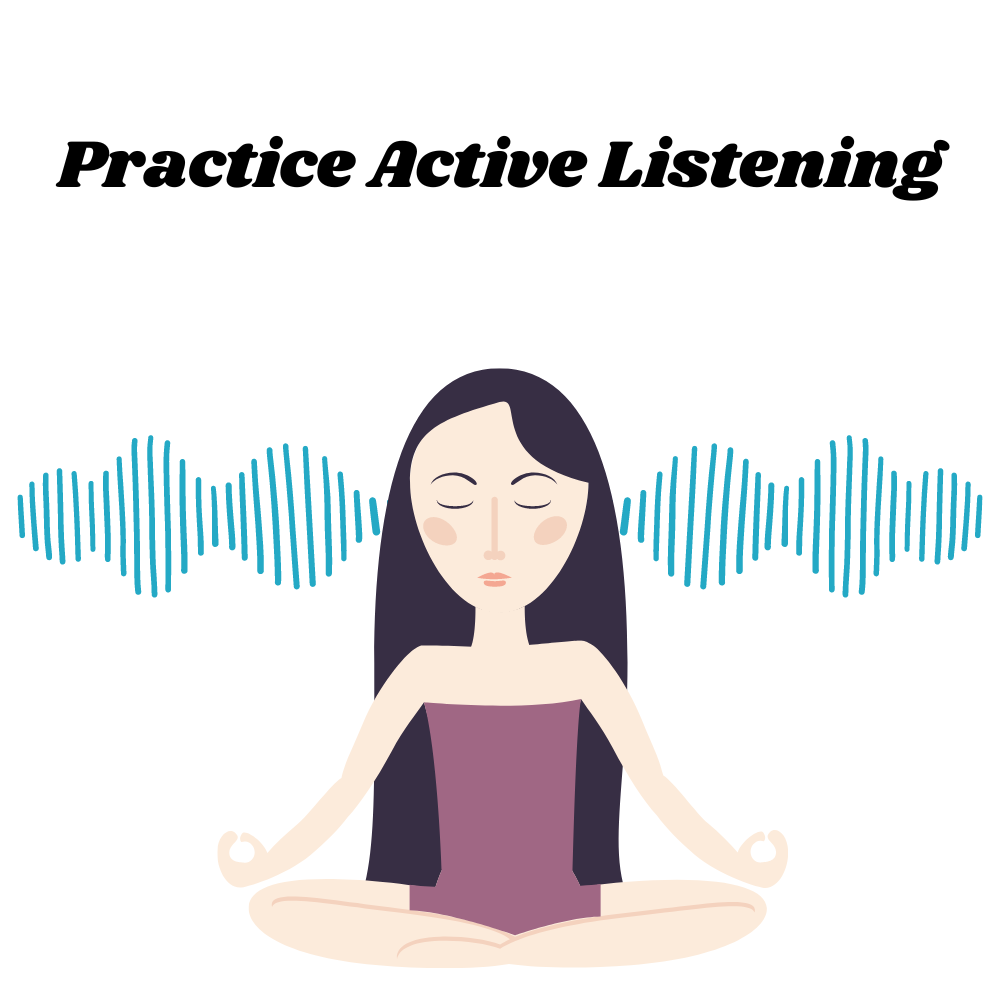
1. Practice Active Listening
Designate time to partake in active listening during your day-to-day interactions. Listen attentively, let them finish, and answer thoughtfully
2. Develop Empathy
Get in the habit of seeing things from others’ eyes. View their circumstances from a place of empathy and let them know you understand how they feel.
3. Use Open-Ended Questions
Open-ended questions can prompt detailed answers and encourage more meaningful conversations. Instead of saying “Did you have a good night’s sleep?” inquire, “How did you even sleep last night?”
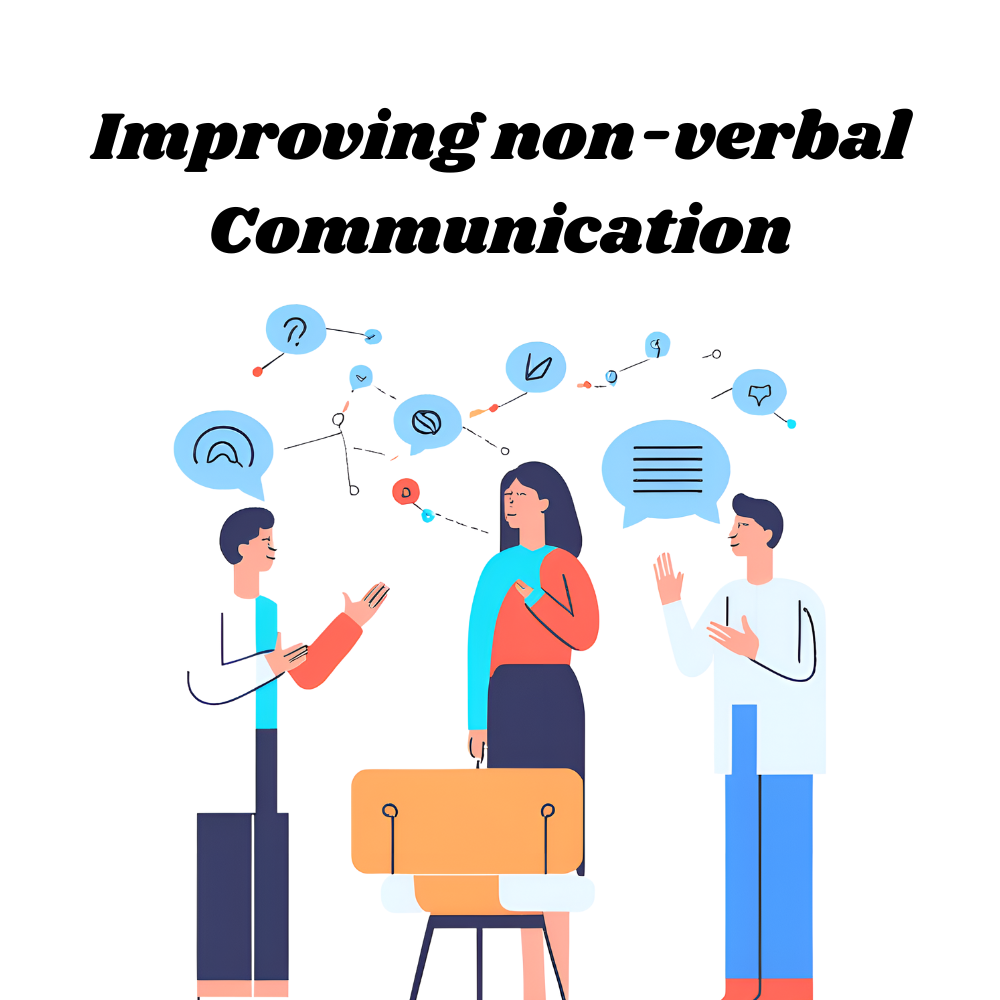
4. Improving Non-Verbal Communication
Avoid sending signals to your partner by using body language or tone of voice. They can express empathy and sympathy just as much as they might have done in words.
5. Engage in Reflective Practice
Reflect On Your Conversations & Where You Can Improve Keep a journal to follow up on how far you have come.
6. Seek Feedback
Solicit input from coworkers, mentors, or patients. If you receive a piece of constructive criticism, this gives invaluable insight into how you are conveying yourself.

7. Attend Workshops and Training
Attend conferences and workshops on therapeutic communication. Collectively, these provide the know-how and recent practices.
8. Read Books and Articles
So read stuff about therapeutic communication, psychology, and interpersonal skills.
9. Role-Playing Exercises
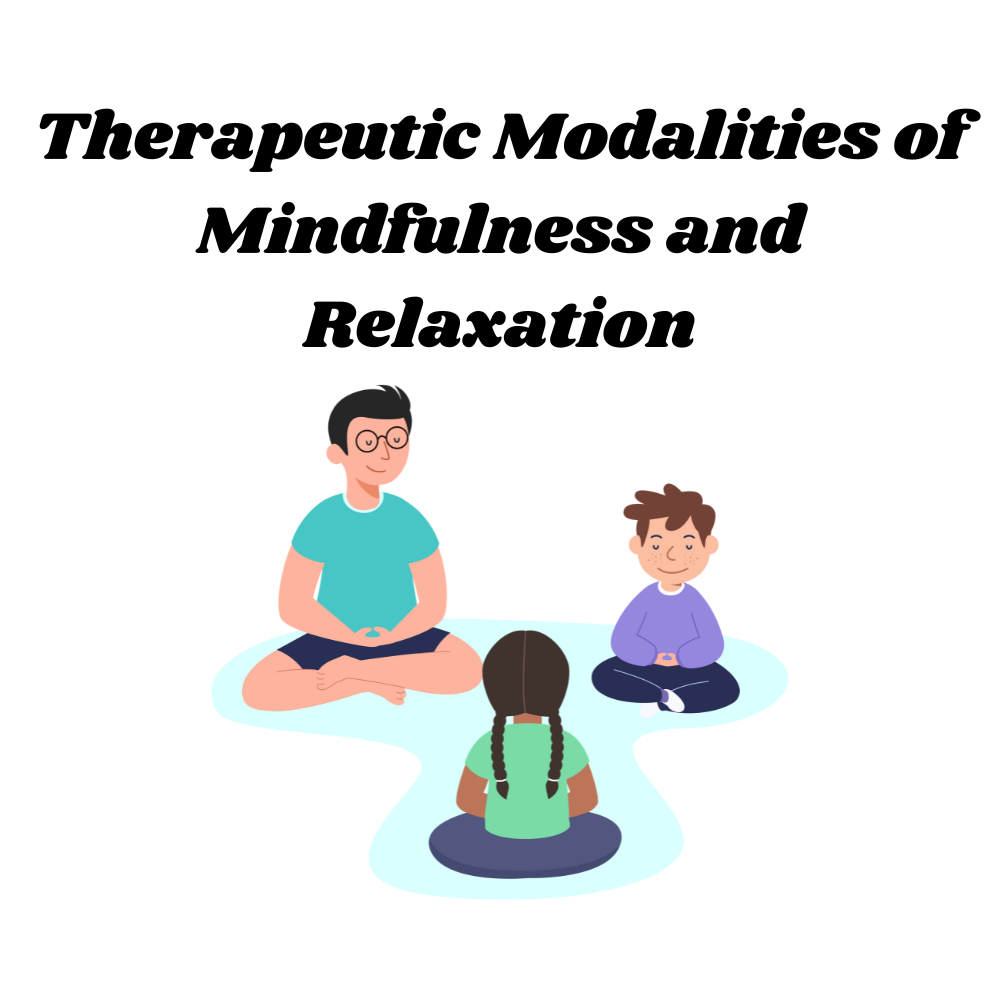
Participate in role-play with colleagues and develop your skills safely.
10. Therapeutic Modalities of Mindfulness and Relaxation
Mindfulness and relaxation strategies too, to decrease stress levels which in turn will keep you more present when talking.
11. Specific Professional Organizations
Be a part of your professional communities, such as the American Counseling Association or the International Association of Communication Consultants to gain community care and know who is on top.
12. Volunteer
Offer your time as a volunteer at places like hotlines or support groups where good verbal communication is key.

13. Use Technology
Use technology for communication apps and online learning programs to create new skills.
14. Observe Skilled Communicators
Watch good communicators in your profession. Explore how they are doing it and practice on your own.
15. Stay Patient and Persistent
Therapeutic communication skills are not built overnight. Be patient and persistent, and celebrate your progress.
Conclusion
This is the Power of Therapeutic Communication! Once you realize the value of these soft skills and start honing them, you are taking a stride ahead to an improved role in supporting others, better patient outcomes, and moving up your career ladder. So, start utilizing these strategies today and improve your communication.
Finally, for those who are serious about learning and taking it to the next level book in with one of wpmudev’s expert instructors. They will offer personal training and guidance for you to become a therapeutic communication pro.

Is an Entrepreneur, Business Adviser. He loves to do research on the business and acquire knowledge on the business topic and this knowledge he used in his business. He also believes that sharing is caring that’s why he starts to write for those people who actually need help with the business, marketing, business strategy, skills, and creativity in business topic which is very important for them.

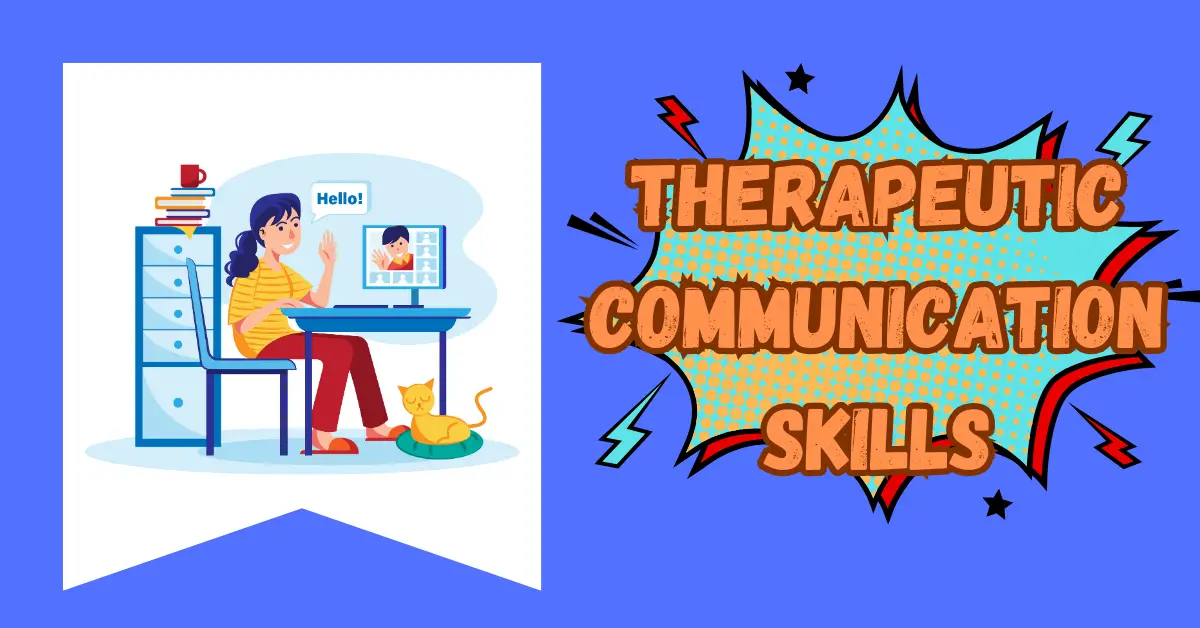
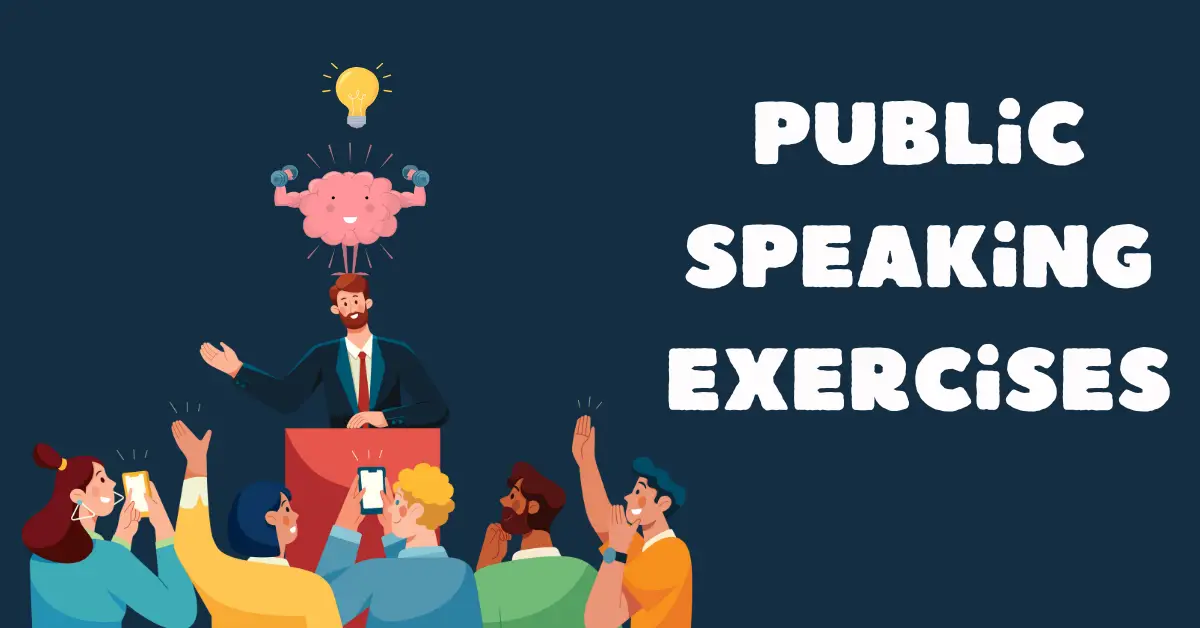
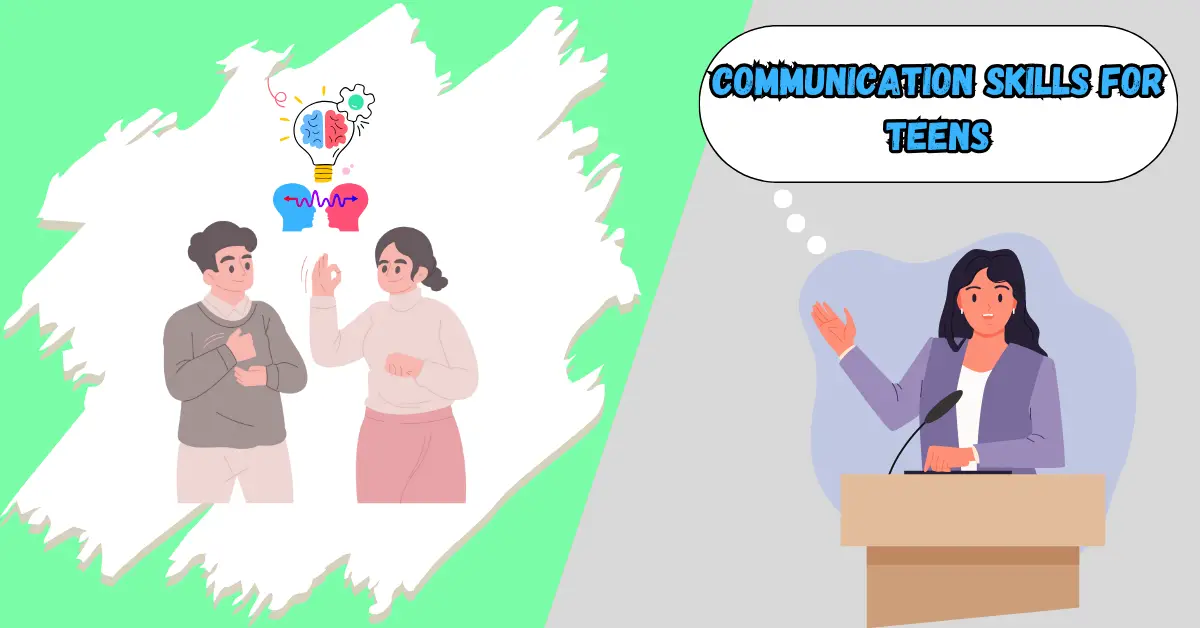
One thought on “15 Best Tips To Build Therapeutic Communication Skills 2025”
Comments are closed.